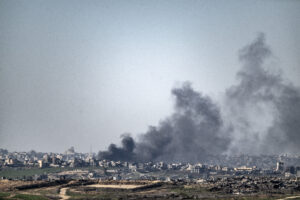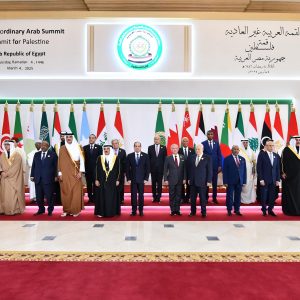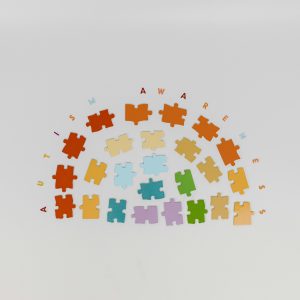Iran begins 60% uranium enrichment at Fordow facility after IAEA resolution
TEHRAN, Iran (AA) – Iran has announced its decision to ramp up the production of uranium at the underground Fordow nuclear facility in response to the recent resolution passed by the UN nuclear watchdog.
The Atomic Energy Organization of Iran, as cited by the state media, said it began to produce uranium up to 60% purity at the Fordow facility, located 20 miles northeast of the Iranian city of Qom.
It also announced that two new centrifuge cascades, IR-2m and IR-4, were reviewed and operated at the Natanz nuclear facility in the central Isfahan province, while two others will be fed in the coming days.
There are also plans to replace the IR-1 centrifuges at Fordow with advanced IR-6 centrifuges. The process of equipping a hall at the facility with eight new chains will be executed in several stages.
Iran’s nuclear agency said it has informed the International Atomic Energy Agency (IAEA) of the decision in a letter, calling it a “strong response” to the agency’s recent resolution.
The UN watchdog’s 35-member board of governors passed a resolution last week, asking Iran to urgently cooperate with its investigation into uranium traces found at three undeclared sites.
In its statement to the board after the resolution was adopted with 26 votes in favor and two abstentions, the US said Iran “must now provide the necessary cooperation, no more empty promises.”
The enrichment up to 60% purity is still below the roughly 90% required for the weapons-grade material, but is higher than what Iran agreed to enrich under the 2015 nuclear deal.
In the last two years, Iran has ramped up its uranium enrichment — from 3.67% stipulated under the deal to 60% — sparking concerns in the West.
Iranian authorities say the measures are reversible if the US returns to the deal it abandoned in May 2018 and lifts sanctions imposed by the previous US administration.
Following the latest IAEA resolution, top Iranian officials had warned of “retaliatory measures.”
Iran’s envoy to the IAEA, Mohsen Naziri, dismissed the resolution and said it could “impact the constructive relations between Tehran and the agency,” accusing the agency of “political goals.”











